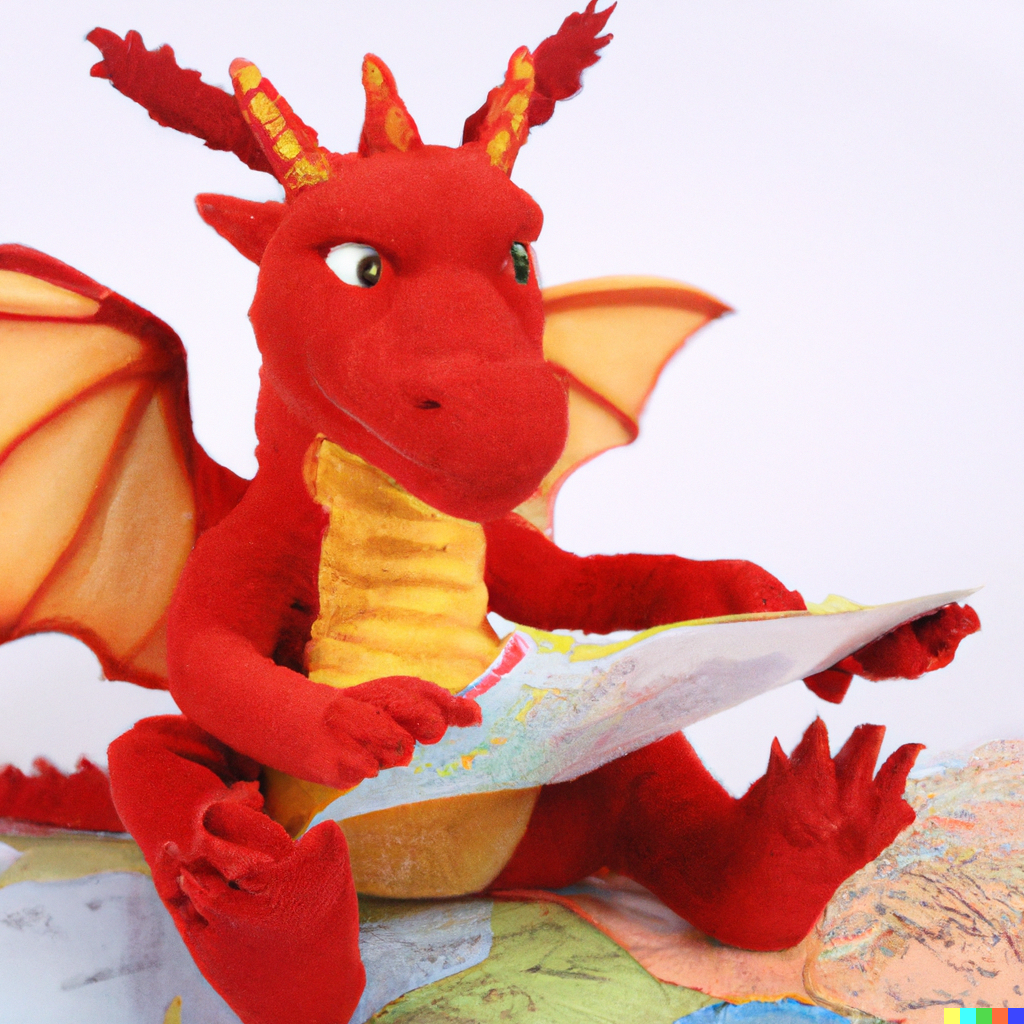Denbigshire Council is urging people to be aware that new compulsory housing requirements have been introduced for poultry and captive birds in Wales.
It is now a legal requirement for all keepers to keep their birds indoors or otherwise separated from wild birds. Bird keepers are encouraged to prepare for the new measures, making sure housing is suitable, with the housed environment enhanced to help protect bird welfare.
Keepers should consult their vet for advice where needed and are being encouraged to register their birds with the proper authorities.
Councillor Win Mullen-James, Lead Member for Local Development and Planning said: “These measures are crucially important to help prevent the spread. We encourage bird keepers to read up on the latest guidance to keep their flock and others safe this Winter.
“Registering your birds is vital, even if you keep only a small flock”.
There is a self-assessment checklist that poultry keepers can undertake themselves to check what they have in place and you can download it here.
To register your birds, go to: https://www.gov.uk/guidance/poultry-registration or call the GB Poultry register Helpline on 0800 634 1112.
To report and dispose of dead birds, please call the Defra helpline on 03459 33 55 77 if you find one or more dead bird of prey or owl; three or more dead gulls or wild waterfowl (swans, geese and ducks) or five or more dead birds of any specifies.
Please also contact the Natural Resources Wales helpline on 0300 065 3000. People are advised not to touch or pick up any dead or visibly sick wild birds they find. Any sick or injured birds found should be reported to the RSPCA on 0300 1234 999 who may be able to offer assistance.

Above post from Denbighshire Council. Below is further information obtained from www.gov.wales:
Interim Chief Veterinary Officer for Wales, Dr Gavin Watkins, said these steps were being taken now to get ahead of a possible increased level of avian influenza virus in the environment and build extra resilience to the important measures introduced in October through the Wales Avian Influenza Prevention Zone.
These will come into force across Wales on Friday, 2 December.
From this date, it will be a legal requirement for all bird keepers to keep their birds indoors or otherwise separated from wild birds. Keepers must also complete and act upon a bespoke biosecurity review of the premises where birds are kept. This is to minimise the risk of virus entry in bird houses, which usually results in high mortality.
These new measures are in addition to those in the Wales Avian Influenza Prevention Zone, which remain crucially important.
Dr Watkins is encouraging bird keepers to prepare for the introduction of the new measures, by making sure housing is suitable, with the housed environment enhanced to protect bird welfare. Keepers should consult their vet for advice where needed.
Housing is effective in protecting birds against avian influenza only if accompanied by rigorous biosecurity to keep the virus out of bird houses. This is best done by completing the biosecurity checklist, which will be compulsory for all keepers.
There has been an unprecedented incursion of avian influenza into Great Britain and Europe in 2022.
Public health advice remains that the risk to human health from the virus is very low and food standards bodies advise that avian influenzas pose a very low food safety risk for UK consumers.
Dr Watkins said:
The latest data suggests a westward spread of avian influenza to Wales in the coming months, and increased risk of birds being infected outside, through increased viral survival times and a possible further spread in the range of wild birds carrying the virus. Having assessed the evidence, we are taking further preventative action to help protect poultry and kept birds. The biosecurity and housing measures we are introducing in Wales will provide additional protection for birds and resilience for our poultry sector. We will continue to keep the situation under constant review.
I want to thank all keepers for the steps they have taken to keep birds in Wales safe from this devastating disease, steps which we know have protected birds. The additional measures announced today will build on that effort. If implemented rigorously, our birds will be protected.
Mandatory biosecurity self-assessment checklist | GOV.WALES










